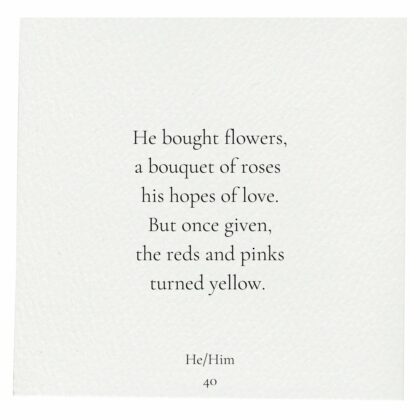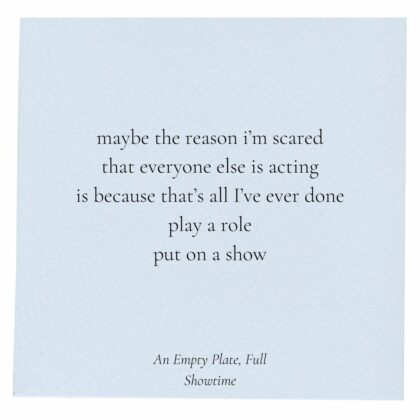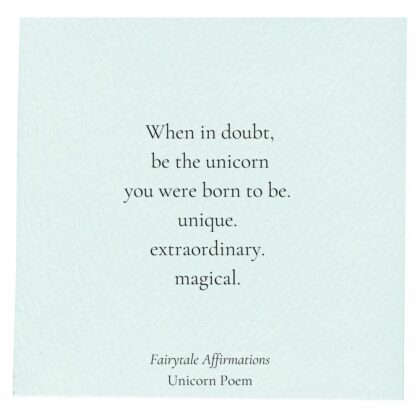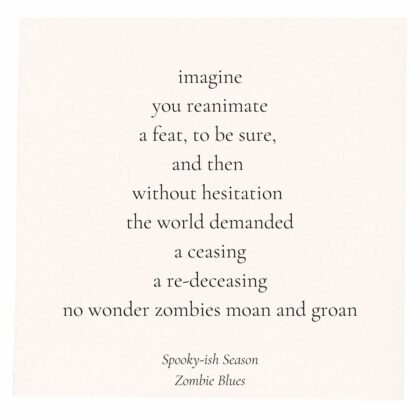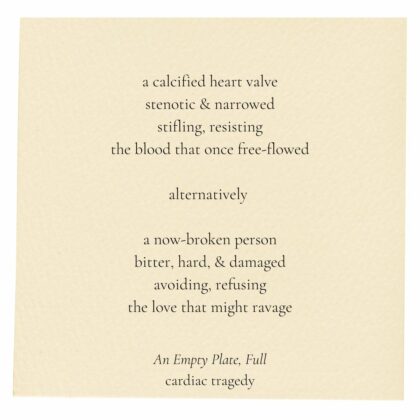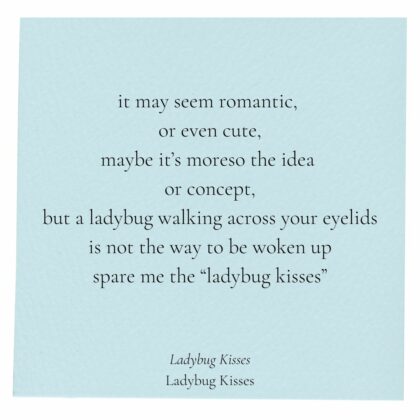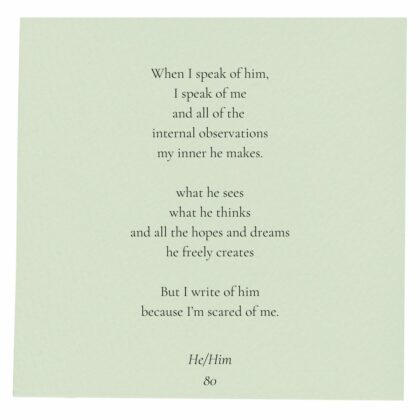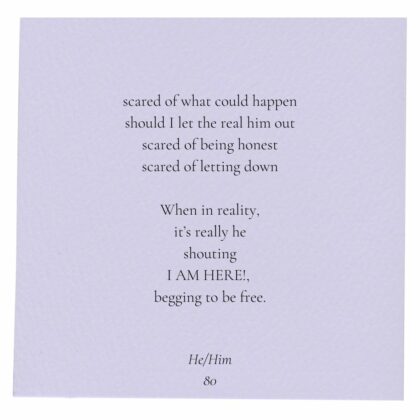According to A. Jason Alder, poetry is a popular form of literature that challenges writers and readers by inviting them to feel something and to be changed because of writing. As a published author of five collections of poetry and prose, Alder reflects on the goals and hopes of his publications.
Alder is a continuing student at BYU and will begin his master’s program in public administration with a focus in federal and state government in the fall of 2023. With a passion for diplomacy, Alder said he hopes to work within the foreign service in the state department. Motivated by his desire to make a difference and an impact on the world, Alder uses several mediums to teach, inspire, lift and educate.
Alder started writing poetry in middle school and found great success in it, and was given several opportunities to display and share his work. He said this passion “started as an outlet to get my frustrations out and to express myself in a way that I wasn’t able to just by speaking.”
Throughout high school and into his undergraduate studies at the University of Massachusetts, Alder said that because life became so demanding, taking time to write became sparse. This was until his senior year at the University of Massachusetts when he attended a political poetry class that “reignited” his love for poetry.
Alder began writing poetry more frequently and ideas, topics, stories and emotions seemed to just “flow out” the more he wrote. His first published book was a result of this creative flow. The book “Fairytale Affirmations” contains both prose and poetry and is focused and centered on learning how to love oneself.
Alder was “astounded” by the positive and encouraging feedback he received from “Fairytale Affirmations.” He said this feedback helped him develop the confidence and motivation to continue writing, so much so that his next publication, “Spooky-ish Season” was written in a week.
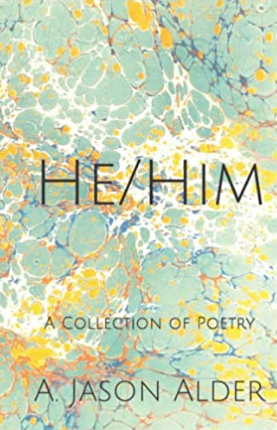
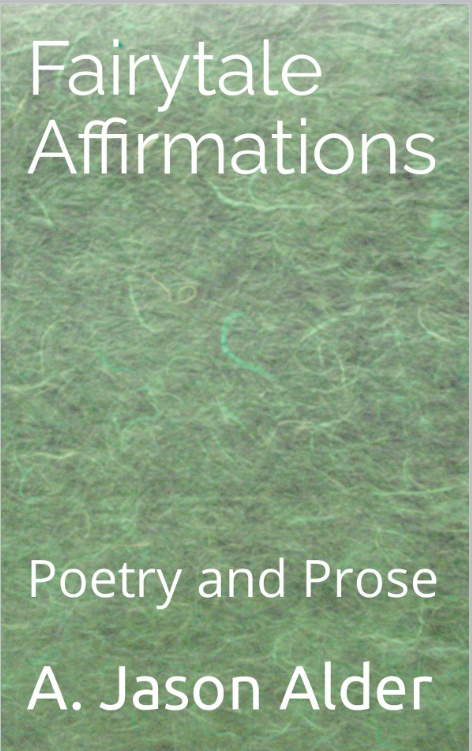
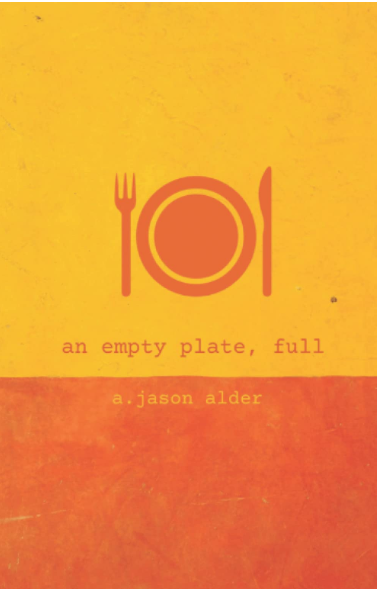
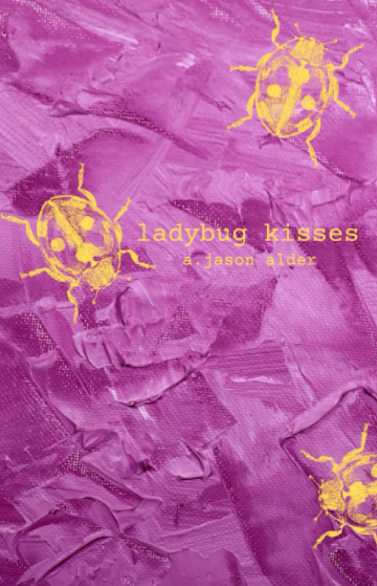
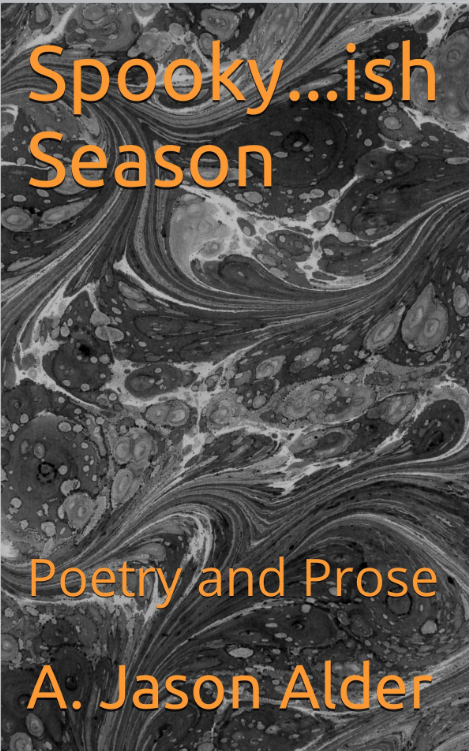
Alder said his poetry is very personal, believing that when he is personal, he can illustrate the need for the human experience. “It is so important to me that poetry has a purpose and a message and isn’t just something pretty,” Alder said.
Alder said that one of his goals with his poetry is to “communicate to and empower people in the unspeakable things.” As a result of this goal, he wrote his third book called, “An Empty Plate, Full” where he discussed the challenges associated with eating disorders and the path to recovery.
“I feel that, for men, eating disorders are rarely discussed in the public realm and ‘An Empty Plate, Full’ is so personal to me … it has the ability to empower other men who struggle with eating disorders and depression,” Alder said.
Alder is not the only who recognizes the power poetry can have on its reader. Tim Jafek is a children’s poet going to BYU who hopes to be a teacher one day. Jafek recently won the BYU Humanities “Be Human, Be Kind” writing contest with his poetry.
Jafek said, “You are not meant to read poetry but meant to experience it.” He continued, saying that to have the most meaningful experience a reader “must be willing to dive into its messages.”
He said that one way to get the most out of poetry is to, ”read poetry out loud, even if you are the only one reading it, you need to feel how the words feel in your mouth. How do these words make me feel and when I say these words out loud what happens to me.” By focusing on the experience Jafek feels that poetry can truly change its reader and writer.
BYU sophomore Kaitlyn Flake said poetry “is a lot more emotionally driven” than most literary works. This emotional emphasis provides opportunities for the reader to have an experience, she said.
Flake continued saying, “Being emotionally driven makes the reader read, identify and relate with a feeling, over a character.” She said as a person begins to relate with emotional pieces, they are able to better understand themselves and the world around them in a way that provides growth.
Alder said, “I feel like as a society whenever we hear words like grief, sorrow and pain, we automatically, just through word association, think bad. Whereas I think growth.” He invited everyone to experience poetry.

